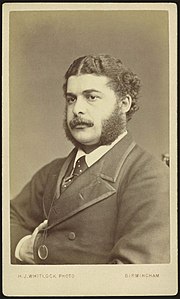
Sir Joseph Barnby was an English composer and conductor.

Sir John Stainer was an English composer and organist whose music, though seldom performed today, was very popular during his lifetime. His work as choir trainer and organist set standards for Anglican church music that are still influential. He was also active as an academic, becoming Heather Professor of Music at Oxford.

Sir John Goss was an English organist, composer and teacher.
John Henry Maunder was an English composer and organist best known for his cantata "Olivet to Calvary".

Christ lag in Todes Banden, BWV 4, is a cantata for Easter by German composer Johann Sebastian Bach, one of his earliest church cantatas. It is agreed to be an early work partly for stylistic reasons and partly because there is evidence that it was probably written for a performance in 1707. Bach went on to complete many other works in the same genre, contributing complete cantata cycles for all occasions of the liturgical year. John Eliot Gardiner described it as Bach's "first-known attempt at painting narrative in music".
Edward Woodall Naylor was an English organist and composer.

Sir John Frederick Bridge was an English organist, composer, teacher and writer.

John Rutter's Requiem is a musical setting of parts of the Latin Requiem with added psalms and biblical verses in English, completed in 1985. It is scored for soprano, mixed choir and orchestra or chamber ensemble.
Eric Harding Thiman was an English composer, conductor and organist. The surname is pronounced 'tea-man'. By 1939 he was considered one of the leading non-conformist organists in England. His choral and educational music is still performed today.

The Crucifixion: A Meditation on the Sacred Passion of the Holy Redeemer is an oratorio for a SATB choir and organ composed by John Stainer in 1887, with text by W J Sparrow Simpson. The piece relates the Biblical narrative of the Passion and Crucifixion of Jesus. It is particularly noted for the Christian hymn "All for Jesus, All for Jesus".

Geoffrey Turton Shaw was an English composer and musician specialising in Anglican church music. After Cambridge, where he was an organ scholar, he became a schoolmaster, then a schools inspector, while producing a stream of compositions, arrangements, and published collections of music. He was awarded the Lambeth degree of Doctor of Music.

John Francis Barnett was an English composer, pianist and teacher.

Richard Hey Lloyd was a British organist and composer.
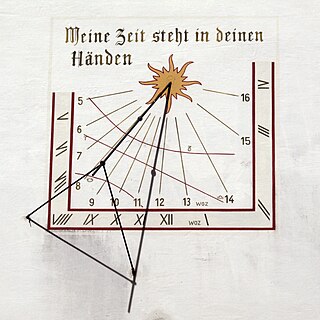
Psalm 31 is the 31st psalm of the Book of Psalms, beginning in English in the King James Version: "In thee, O LORD, do I put my trust". In Latin, it is known as "In te Domine speravi". The Book of Psalms is part of the third section of the Hebrew Bible, and a book of the Christian Old Testament. In the slightly different numbering system used in the Greek Septuagint version of the Bible, and in its Latin translation, the Vulgate, this psalm is Psalm 30. The first verse in the Hebrew text indicates that it was composed by David.
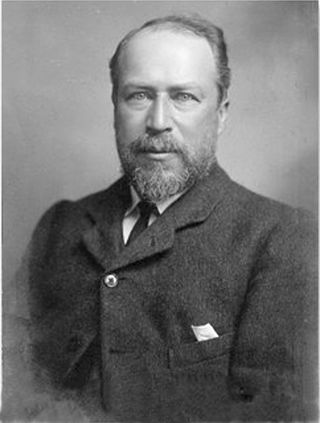
Charles Harford Lloyd was an English composer who became a well-known organist in his time.
Steven Sametz is active as both conductor and composer. He has been hailed as "one of the most respected choral composers in America." Since 1979, he has been on the faculty of Lehigh University in Bethlehem, Pennsylvania, where he holds the Ronald J. Ulrich Chair in Music and is Director of Choral Activities and is founding director of the Lehigh University Choral Union. Since 1998, he has served as Artistic Director of the professional a cappella ensemble, The Princeton Singers. He is also the founding director of the Lehigh University Summer Choral Composers’ Forum. In 2012, he was named Chair of the American Choral Directors Association Composition Advisory Committee.
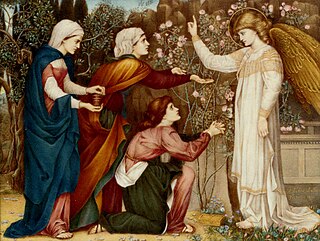
"Why seek ye the living?" is an anthem for four-part choir and organ by Charles Villiers Stanford, a setting of a passage from the Gospel of Luke, related to Easter.

Collegium Regale is a collection of choral settings by the English composer Herbert Howells of the canticles for the Anglican services of Mattins, Holy Communion and Evening Prayer. Scored for four-part choir, solo tenor and organ, the pieces were written between 1944 and 1956 "for the King's College, Cambridge". The first of the pieces were first published by Novello in 1947, and they have become a popular piece of music in the Anglican church music repertoire.
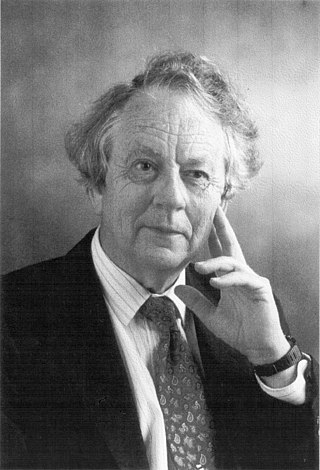
Gerald Mills Hendrie,, is an English scholar, composer, organist, pianist and harpsichordist.
